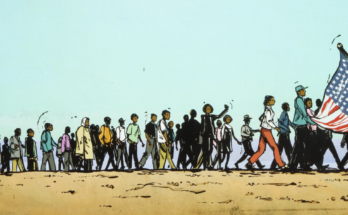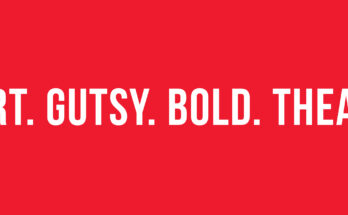Ask Kenny Blank for his favorite memories as executive director of the Atlanta Jewish Film Festival and his answer comes quickly. “In 2010, our 10th anniversary year, we held a celebration of classic Jewish film scores in the Woodruff Arts Center. Not only did the Atlanta Symphony Orchestra play music from such films as Driving Miss Daisy, Chariots of Fire, The Ten Commandments and Schindler’s List, I got to fly to L.A. and meet composer John Williams, who taped a personal message. That was a high point for me.”
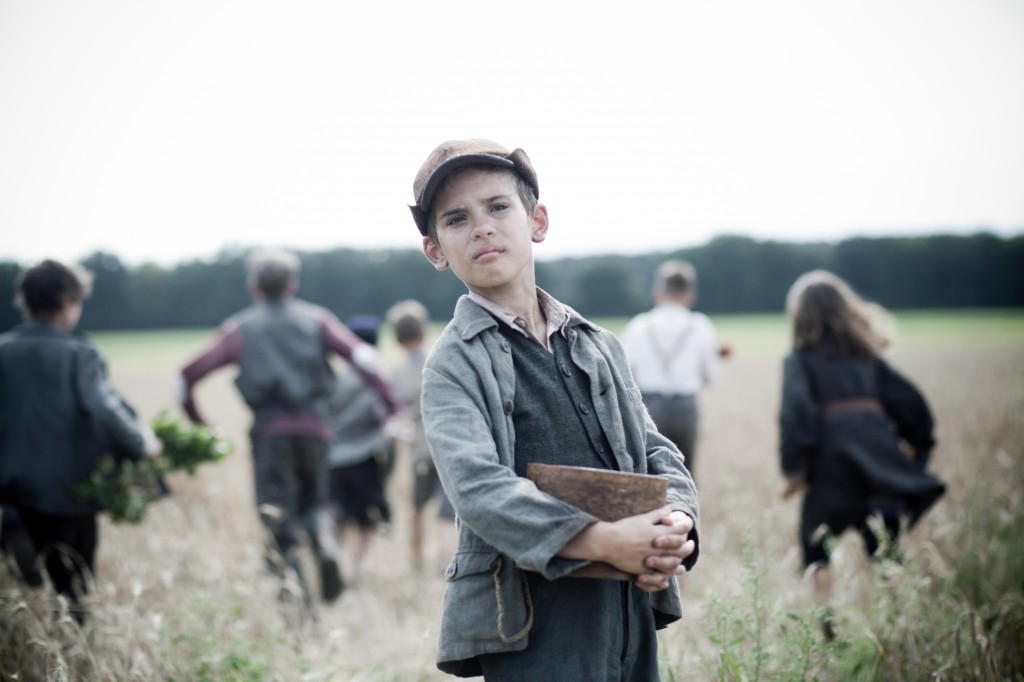
The festival’s first gala concert provided a high-profile example of the scope of Jewish cinema, which isn’t limited to Holocaust dramas and Old Testament epics. This year’s event, the 14th, screens 65 narrative and documentary films, including 12 shorts, from Jan. 29 through Feb. 20.
The festival began in 2000 with the Atlanta chapter of the American Jewish Committee, an advocacy organization. A board member attended the San Francisco Jewish Film Festival and brought the concept back to Atlanta, recalls Blank, a former broadcast journalist who joined the group as a volunteer. “At the time, the Atlanta Jewish Committee was using film to advance its mission as a bridge between communities. In early years, the programming was very safe and predictable — mainly films about the Holocaust and the Jewish/Palestinian conflict.”
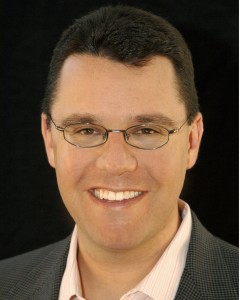
When Blank took over as executive director, he sought to expand the festival’s scope. “I saw an opportunity to build on mission-driven work but also frame it as a celebration of film and Jewish culture. I want to upend people’s expectations of what Jewish film is. I want it to be a bona-fide film festival in its own right for the larger community. At the end of the day, these are great films that have some connection to Jewish life, but the storytelling is universal.”
This year’s lineup includes the American comedy Blumenthal, featuring actor Brian Cox; the Israeli psychological thriller Big Bad Wolf (cited by Quentin Tarantino as the best film of 2013); and a pair of PBS “American Masters” specials on Mel Brooks and Marvin Hamlisch, respectively.
This year’s opening-night film, Run Boy Run, is an adaptation of Israeli author Uri Orlev’s Holocaust novel (trailer HERE). It depicts a 9-year-old boy (Andy Tkacz) who flees the Warsaw ghetto and survives on his own through the end of World War II. The festival closes with the uplifting documentary Next Year Jerusalem, about eight residents of a Connecticut nursing home who make a transformative trip to the Holy Land.
The festival focuses on contemporary films but three years ago added a Classic Film Series to the mix. The AJFF this year presents screenings that mark the 50th anniversary of The Pawnbroker, Rod Steiger’s Holocaust drama; the 40th anniversary of the Richard Dreyfuss comedy The Apprenticeship of Duddy Kravitz; and the 25th anniversary of the Atlanta-set, Oscar-winning Driving Miss Daisy on a 35mm print at the Lefont Sandy Springs.
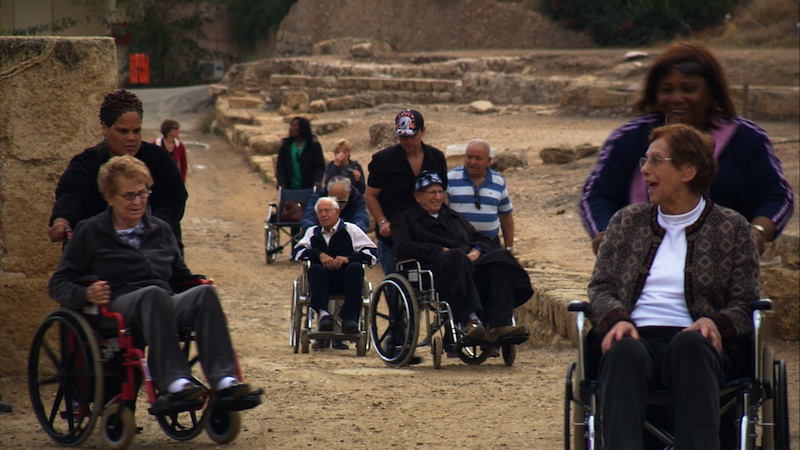
“Thank goodness [film exhibitor] George Lefont had the foresight to hold onto his 35mm projectors,” says Blank. “That not only still allows us to show classics on film but also some international films that aren’t connected to digital.”
Atlanta hosts numerous film festivals throughout the year, but none conveys the sense of “event” as the Atlanta Jewish Film Festival, which drew 31,500 attendees in 2013 (about 25 percent of whom identify as non-Jewish). Blank says that the festival constantly reaches out to Atlanta’s mainstream moviegoers. “The people who come are not film festival-goers or art film-goers, so there’s a constant education about what is a film festival, as opposed to Hollywood entertainment. Sometimes we have to meet the audience where they are, to make [these movies] accessible to audiences that may not have heard of these actors and directors.”
The 2014 fest will feature more repeat screenings of popular films, Blank says. The festival has been so successful that some tickets sell out within an hour and audiences are known to line up in theater lobbies for hours before screenings.
Blank calls these “good problems to have.”
Those crowds provide him with his favorite moments every year. “The most rewarding part is being on-site in a lobby, watching the audience file in with a sense of anticipation, like they’re going to go on a journey. Then the lights go up at the end, and I get to see their energy and hear their buzz, whether they have tears in their eyes or smiles on their faces.”
For Blank, it seems, the audience can be as satisfying a show as the movies themselves.
::
The Atlanta Jewish Film Festival runs Jan. 29-Feb. 20 at six venues including the Lefont Sandy Springs and Atlantic Station Stadium 16. Single tickets are $11. Details at 866.214.2072 and www.ajff.org.

